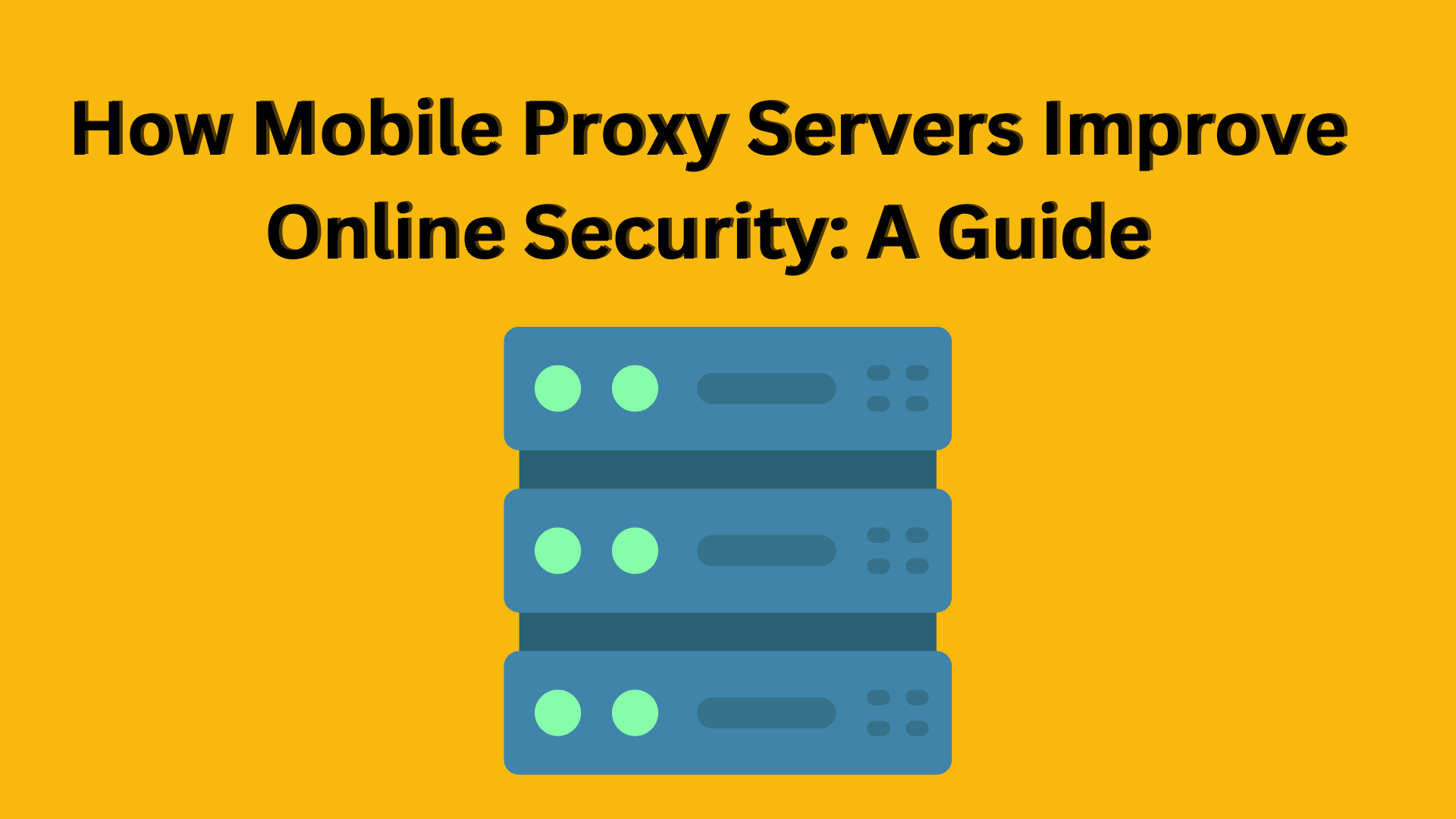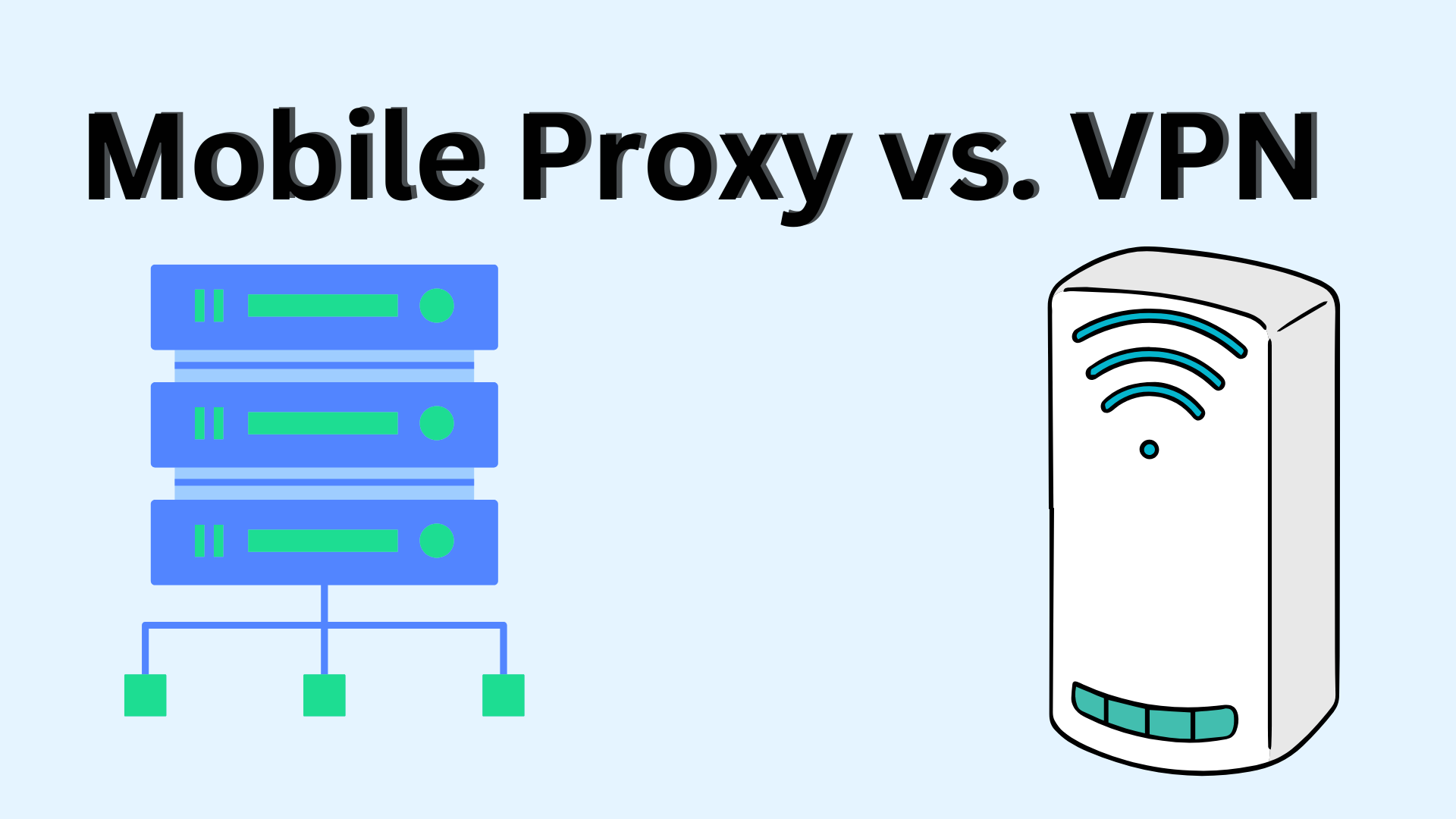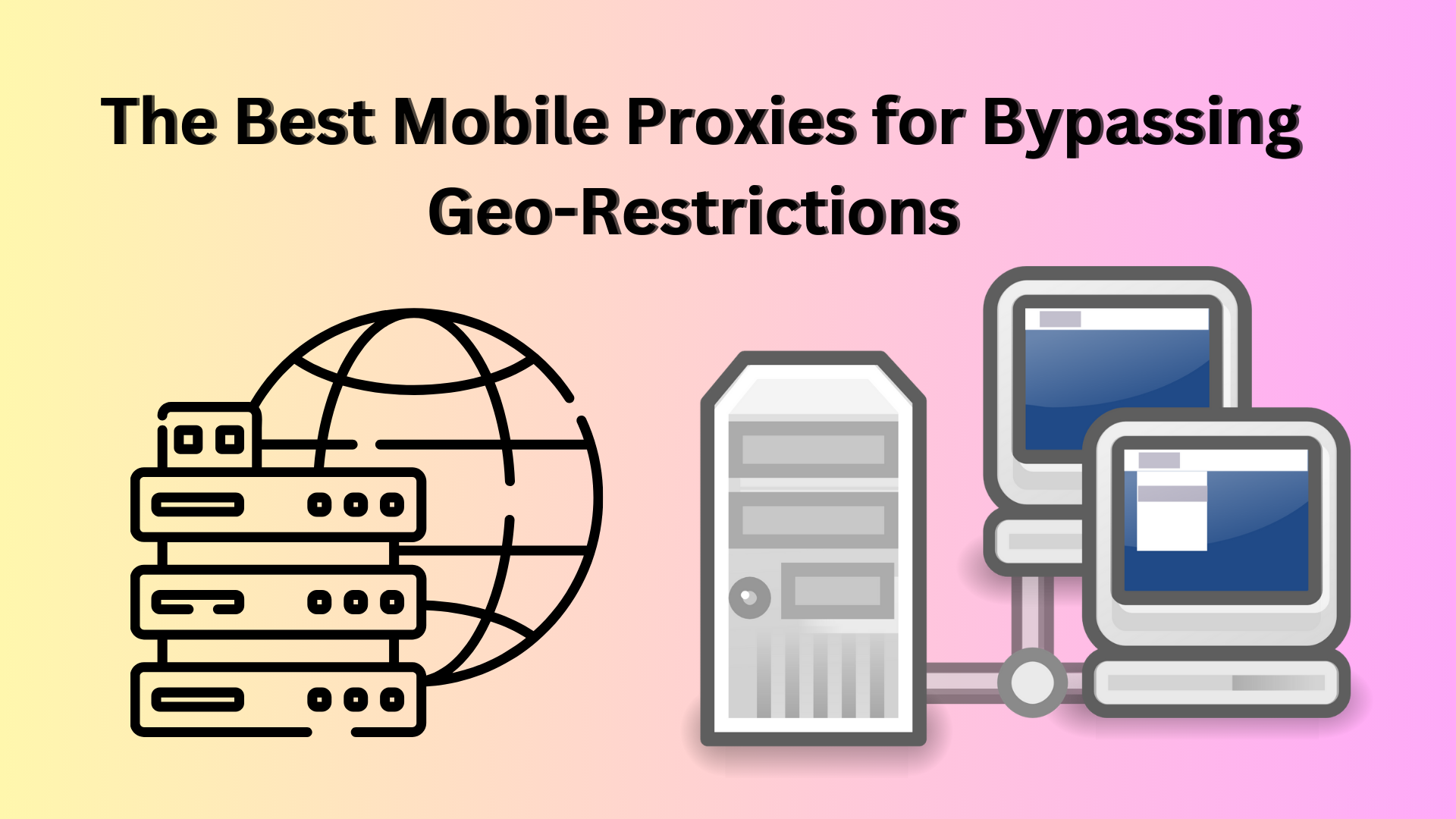Introduction
As the digital landscape evolves, so do the tactics of cybercriminals. From phishing and malware to data breaches and DDoS attacks, the array of cyber threats is extensive and growing. To combat these threats, robust security measures are essential. Mobile proxies have emerged as a valuable tool in this cybersecurity arsenal, offering unique advantages in protecting against various cyber threats. In this article, we’ll explore how mobile proxies can enhance your digital security and mitigate potential risks.
1. Understanding Mobile Proxies
What Are Mobile Proxies?
Mobile proxies are servers that route your internet traffic through IP addresses assigned by mobile carriers. These proxies use IPs from mobile devices connected to cellular networks, providing a dynamic and frequently changing IP address.
Key Features
- Dynamic IP Rotation: Frequent changes in IP addresses help obscure user activity and prevent tracking.
- Mimicking Real Mobile Users: The use of mobile IPs makes it harder for websites and cybercriminals to detect and target your activities.
2. How Mobile Proxies Enhance Cybersecurity
1. Mitigating IP-Based Attacks
Avoiding IP Bans
Mobile proxies provide a pool of rotating IP addresses, making it difficult for attackers or websites to flag or ban your IP. This is particularly useful in avoiding IP-based attacks or restrictions.
Protecting Against IP Spoofing
IP spoofing involves masquerading as a trusted IP to launch attacks. Mobile proxies help obscure your real IP address, making it harder for attackers to spoof and target you.
2. Enhancing Privacy and Anonymity
Hiding Your Real IP Address
By routing traffic through mobile proxies, your real IP address remains hidden from websites and potential attackers. This helps protect your identity and prevents targeted attacks.
Preventing Tracking and Profiling
Mobile proxies’ dynamic IP rotation makes it challenging for websites and cybercriminals to track and profile your online behavior, reducing the risk of targeted attacks and data collection.
3. Defending Against Web Scraping Attacks
Blocking Automated Scraping
Automated web scraping tools can extract data and potentially exploit vulnerabilities. Mobile proxies can help defend against such attacks by making it difficult for scrapers to identify and target your IP address.
Mitigating Rate Limiting and Throttling
Websites may implement rate limiting to prevent excessive requests from a single IP. Mobile proxies help distribute requests across multiple IP addresses, avoiding rate limits and maintaining access to the site.
4. Safeguarding Sensitive Data
Securing Online Transactions
Mobile proxies can protect sensitive transactions, such as online banking or shopping, by masking your IP address and adding an extra layer of security against fraud and data breaches.
Protecting Personal Information
Using mobile proxies helps prevent personal information from being exposed to cybercriminals who may attempt to intercept data during online activities.
3. Practical Use Cases for Mobile Proxies in Cybersecurity
1. Secure Remote Access
Mobile proxies can be used to establish secure remote access to networks and systems, ensuring that connections are routed through dynamic IPs and minimizing the risk of unauthorized access.
2. Safe Online Research
When conducting online research, mobile proxies help protect against tracking and potential attacks by masking your IP address and providing anonymity.
3. Protecting Against Geo-Targeted Attacks
Cybercriminals may target users based on their geographic location. Mobile proxies allow you to access content and services from different regions, reducing the risk of geo-targeted attacks.
4. Best Practices for Using Mobile Proxies in Cybersecurity
1. Choose a Reputable Provider
Evaluate Performance and Reliability
Select a mobile proxy provider known for high performance and reliability. Ensure they offer a diverse pool of IP addresses and robust security features.
Review Security Protocols
Check if the provider implements strong security protocols and encryption to protect your data and maintain the integrity of your connection.
2. Implement Proper Configuration
Set Up IP Rotation
Configure IP rotation settings to ensure frequent changes in your IP address, enhancing anonymity and reducing the risk of detection.
Use Secure Authentication
Implement secure authentication methods to prevent unauthorized access to your proxy service and ensure that only authorized users can utilize it.
3. Monitor and Maintain Security
Regularly Review Proxy Usage
Monitor your proxy usage and performance to identify any potential security issues or anomalies. Regular reviews help maintain optimal security and prevent misuse.
Update Security Measures
Stay informed about the latest cybersecurity threats and update your security measures accordingly. Ensure that your mobile proxy setup adapts to new threats and maintains effectiveness.
5. Conclusion
Mobile proxies play a crucial role in protecting against various cyber threats by enhancing privacy, mitigating IP-based attacks, and safeguarding sensitive data. Their dynamic IP rotation and ability to mimic real mobile users make them a valuable tool in the cybersecurity landscape. By understanding how mobile proxies can enhance your security and following best practices for their use, you can better protect yourself and your digital assets from potential threats.






Pingback: How to Choose Between Shared and Dedicated Mobile Proxies